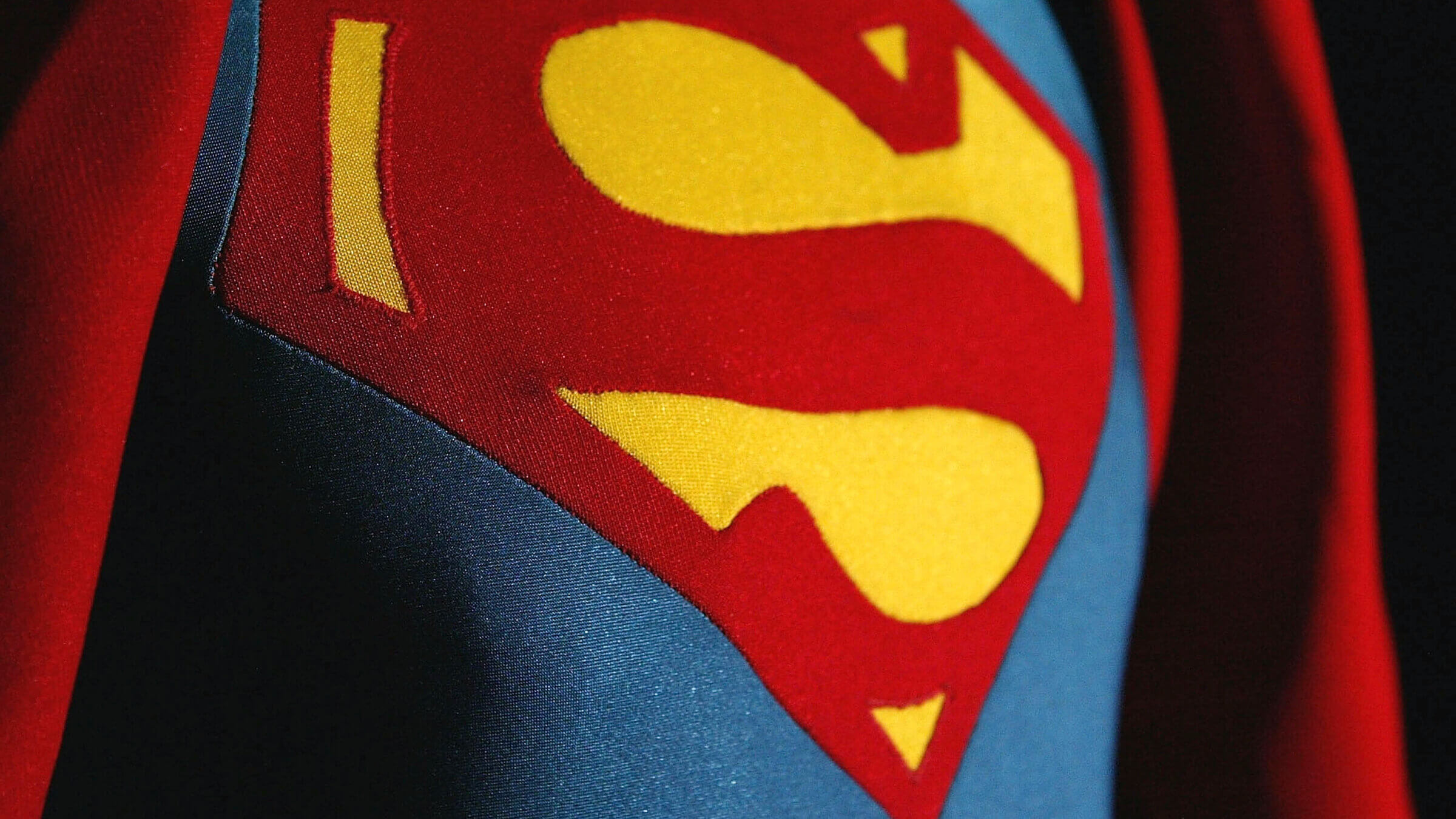The new ‘Superman’ is being called anti-Israel, but does that make it pro-Palestine?
James Gunn tackles a fictional international crisis, but doesn’t give its Middle Eastern-coded characters much dignity.

Wait until Fox News learns the Superman symbol is from a foreign planet. Photo by Ian Walton/Getty Images
This piece contains spoilers for Superman (2025).
James Gunn’s Superman is the latest piece of media where audiences see the Israel-Palestine conflict in a fictional war.
The movie opens with Superman (David Corenswet) having just prevented the fictional land of Boravia — an Eastern European country indicated by its Russian-speaking leaders and onion-domed buildings — from invading Jarhanpur, a country with a primarily brown-skinned population. At the end of the film, Superman must prevent a second invasion attempt by Boravia.
Although Gunn said he was not thinking of the Middle East when he wrote the film, the internet has been awash with comments about the film’s purportedly anti-Israel stance, with people comparing Boravia to Israel and Jarhanpur to Palestine.
Both countries have history in DC comics, although their conflict with one another appears to be an invention of the film. A conversation between Superman and Lois Lane (Rachel Brosnahan, from The Marvelous Mrs. Maisel) feels reminiscent of discourse about Israel and Palestine. Not everyone is happy with Superman’s intervention, especially since Boravia is an ally to the United States. Lois brings up Boravia’s claim that their goal is to free the Jarhanpurians from a tyrannical government. Superman argues that the Boravian government — shown to be corrupt through their collaboration with Lex Luthor (Nicholas Hoult) — will simply replace the despotic Jarhanpurian government with one of their own.
That exchange almost perfectly follows the debate over whether Israel is trying to free the Palestinians from the authoritarian rule of Hamas or just wants an excuse to bring Gaza under its control. The images of Boravian soldiers in full military gear encroaching on a crowd of Jarhanpurian civilians brings to mind scenes of IDF soldiers invading civilian hospitals and schools in Gaza.
The fact that the movie sides with the country possibly representing Palestine doesn’t seem to be a reason to call it anti-Israel — Superman is against the killing of innocent people no matter who they are. Superman also would have stopped the massacre on Oct. 7, not because he’s pro-Israel or anti-Palestinian, but because his primary concern, as he tells Lois in an impassioned defense of his actions, is the preservation of life.
Even if you interpret the film as being anti-Israel, it’s hard to argue it’s pro-Palestinian, given the unfavorable depiction of its Middle Eastern-coded characters.
If there’s anything to nitpick in the film, it’s Gunn’s racial blunders, not Superman’s dedication to peace. The Jarhanpurians’ only role is to be impoverished victims of an international incident and provide Superman the opportunity to show off his own heroism.
And the only other Middle Eastern character who gets a spotlight in the film is Malik, whose purpose in the film is limited to developing Superman’s empathetic character. Malik’s friendship with Superman highlights the alien’s humanity. When Lex Luthor kidnaps Malik to try and force Superman to reveal the identities of his parents, Malik, with an overdone accent, tells Superman to stay quiet and allows himself to be sacrificed, giving the hero more fury to power his final fight. As for Malik’s profession — surprise, surprise — he’s a falafel cart dealer.





















